Every year at this time, it is precisely when GanoHerb’s Reishi is planted, and this year is no exception.
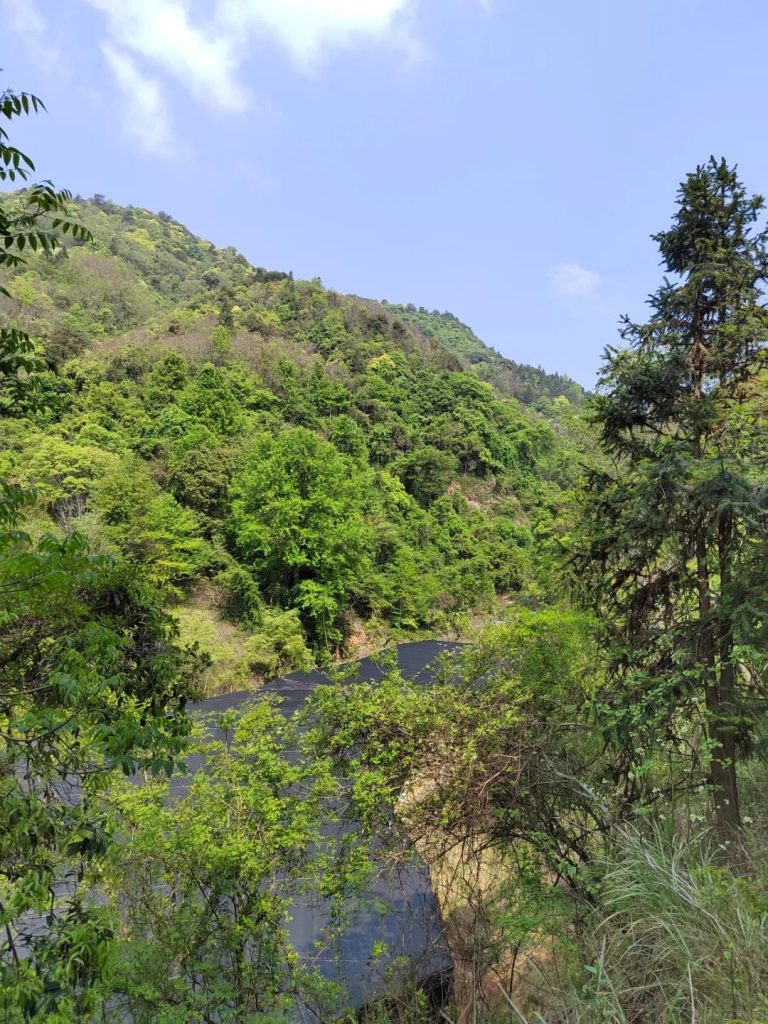
When the first spring thunderstorm after Guyu (Grain Rain) thoroughly drenches the mountains and fields, the GanoHerb Pucheng Organic Reishi mushroom base, located in the Wuyi Mountain range, is already bustling with activity – preparing the land, setting up sheds, turning the soil…
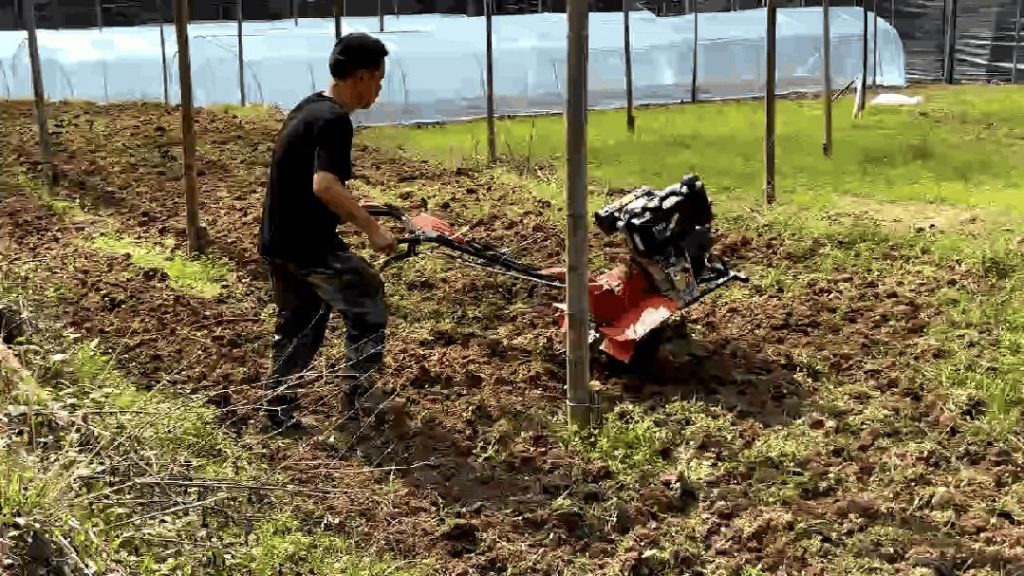
The Reishi mushroom bed-logs, which have been nurtured throughout the winter, are successively being planted in the ground, quietly awaiting the “awakening” and “sprouting” of Reishi mushrooms in this spring.
Today, we will take you into the fields to see how exactly GanoHerb’s Reishi is “grown.”
1. First, you need to choose a place with “unique natural advantages.”
GanoHerb’s Reishi base is hidden deep within the lush mountains and fields of the Wuyi Mountain range.
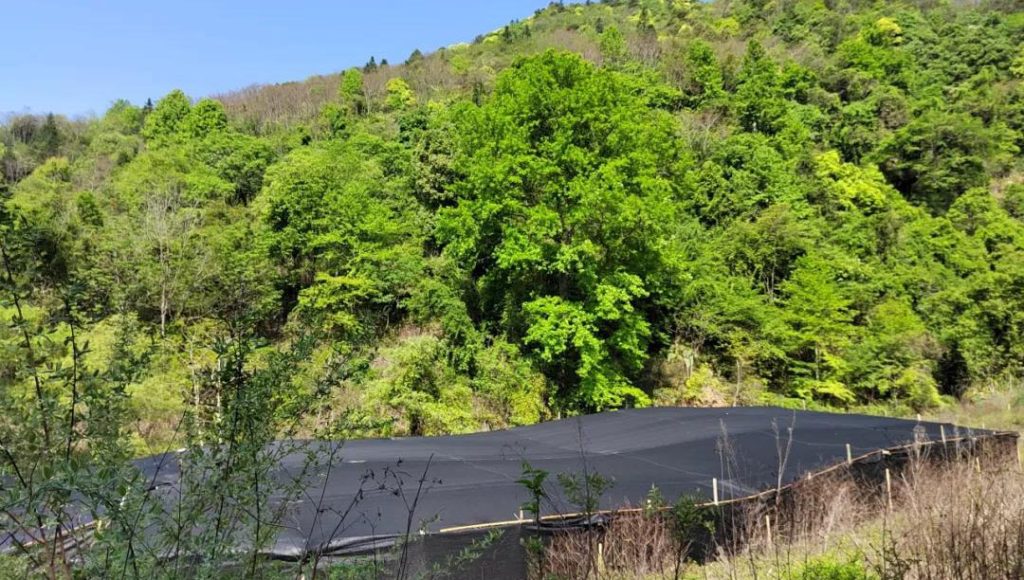
Here, birds sing and flowers bloom, streams gurgle, and it is green and vibrant throughout the four seasons. When the flowers bloom, shades of red adorn the mountains.
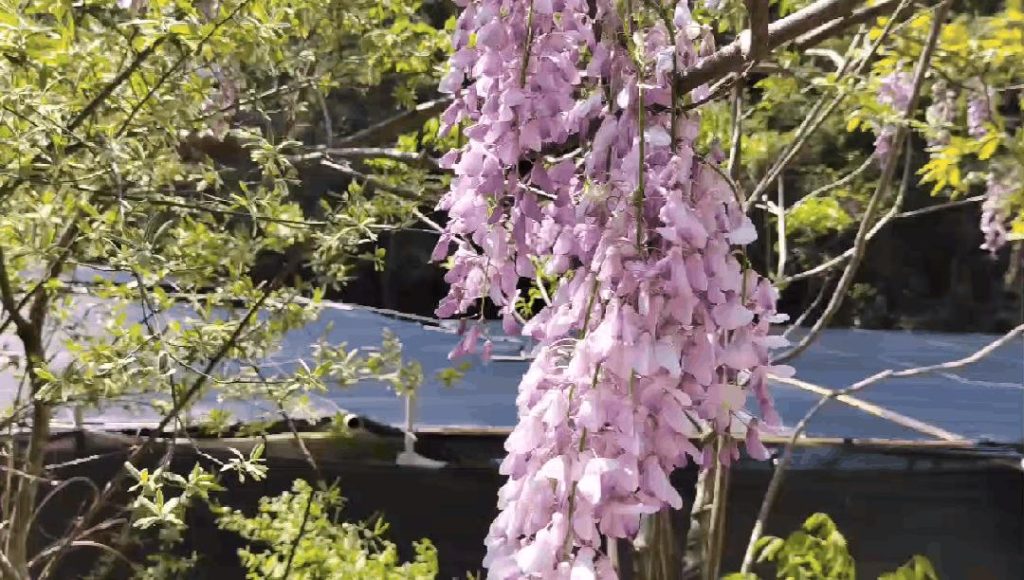
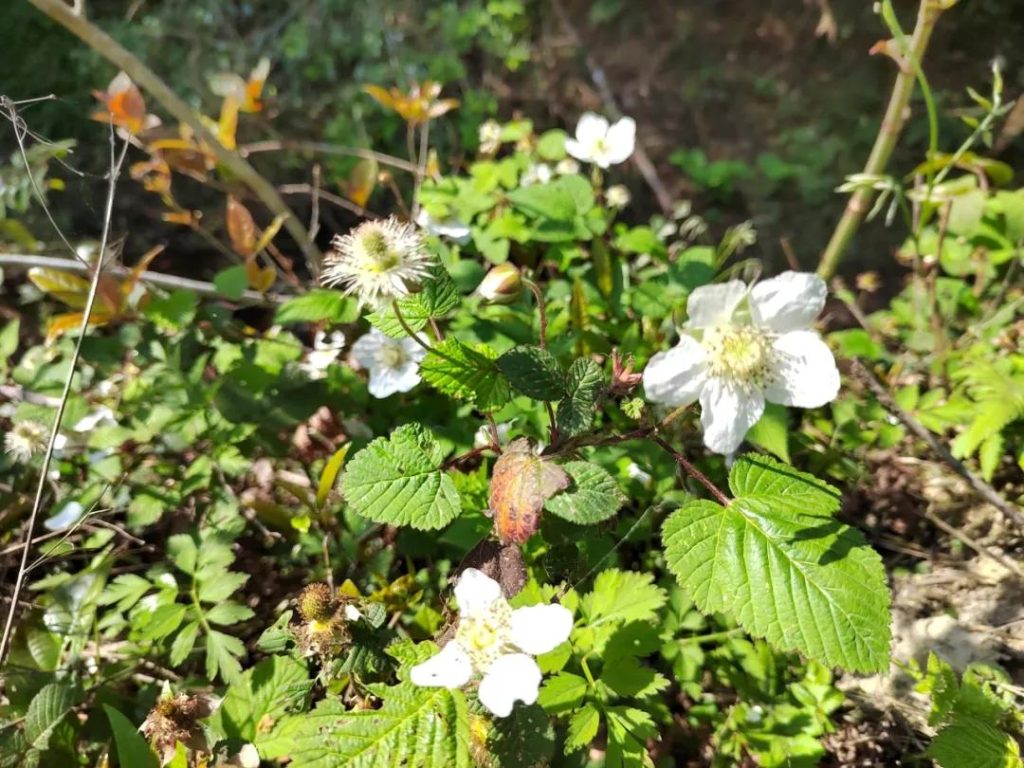
According to GanoHerb’s standards for selecting bases, this area is located more than 2 kilometers away from human activity zones and has been independently left uncultivated for over 3 years, with few human footsteps. The soil, air, and water are all unpolluted, especially suitable for the natural growth of Private label Reishi.
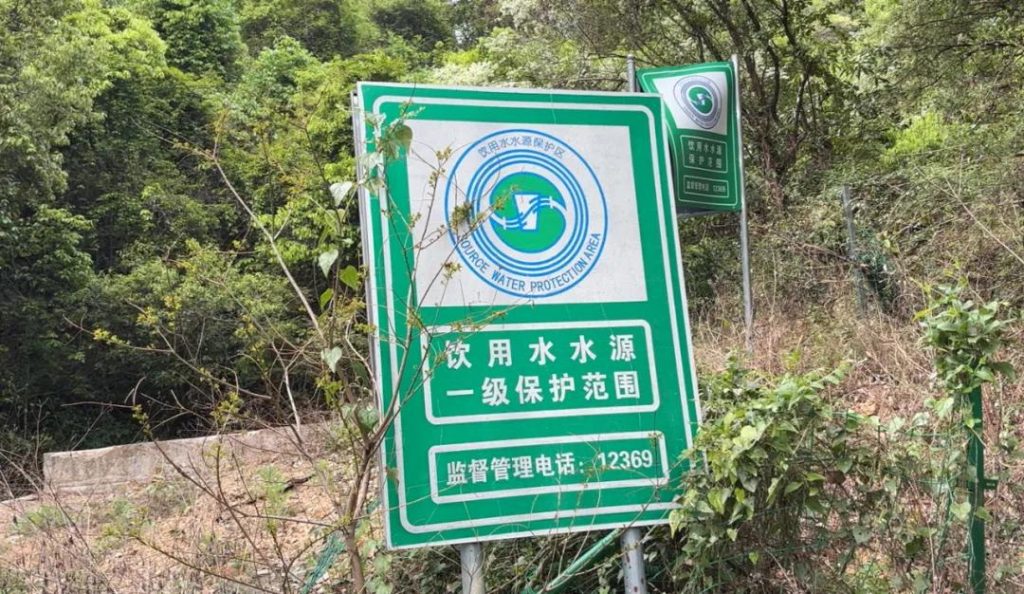
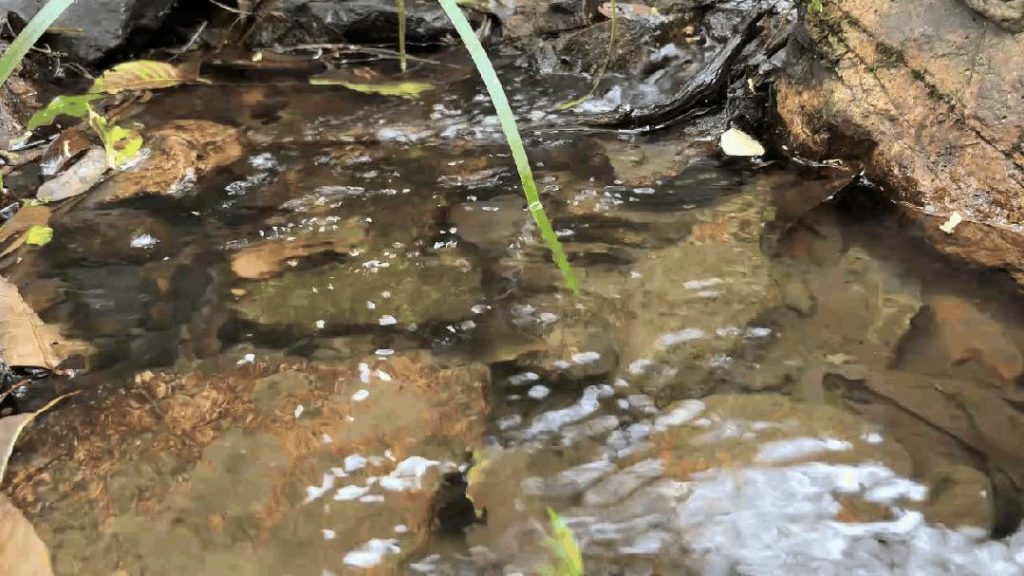
Irrigation uses drinkable mountain spring water, complying with GB5749; the soil is above National Grade 2 standard, complying with GB 15618; the air is pure, complying with GB 3095.
2. Bed-logs are planted, quietly waiting for the Reishi to sprout.
Did you know? Reishi doesn’t grow in the soil, but on bed-logs.
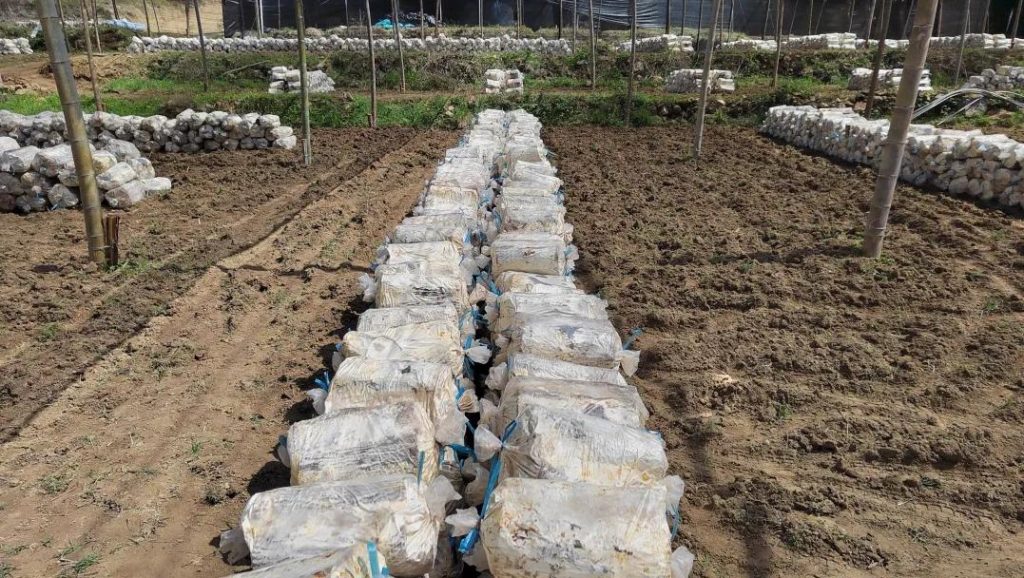
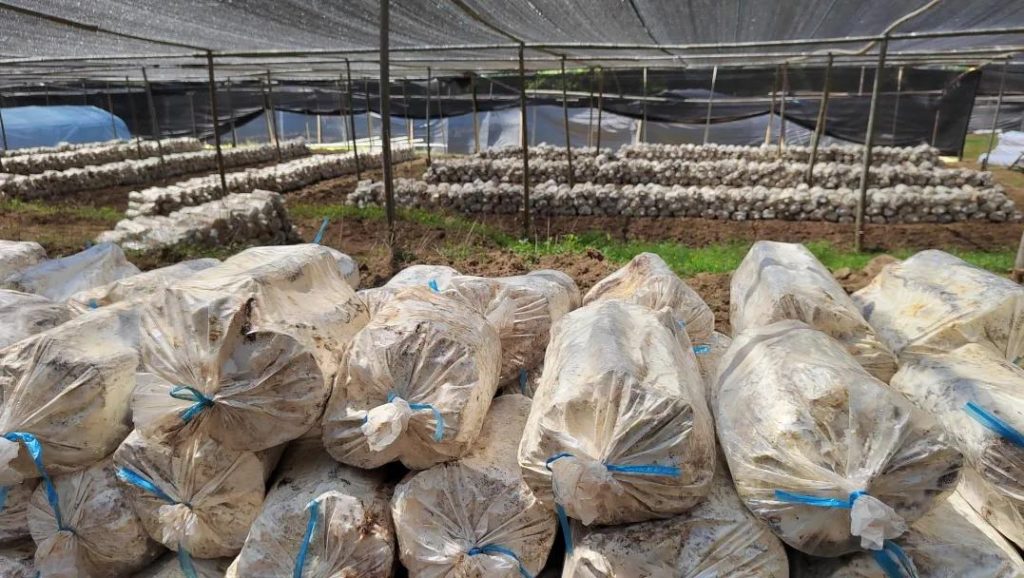
These bags of bed-logs are quite particular; they must be made from large logs 20-30 centimeters long. The resulting bed-logs, buried in the soil, are equivalent to bags of nutrients for the Reishi to absorb. This way, the Reishi can “eat” well and grow well!
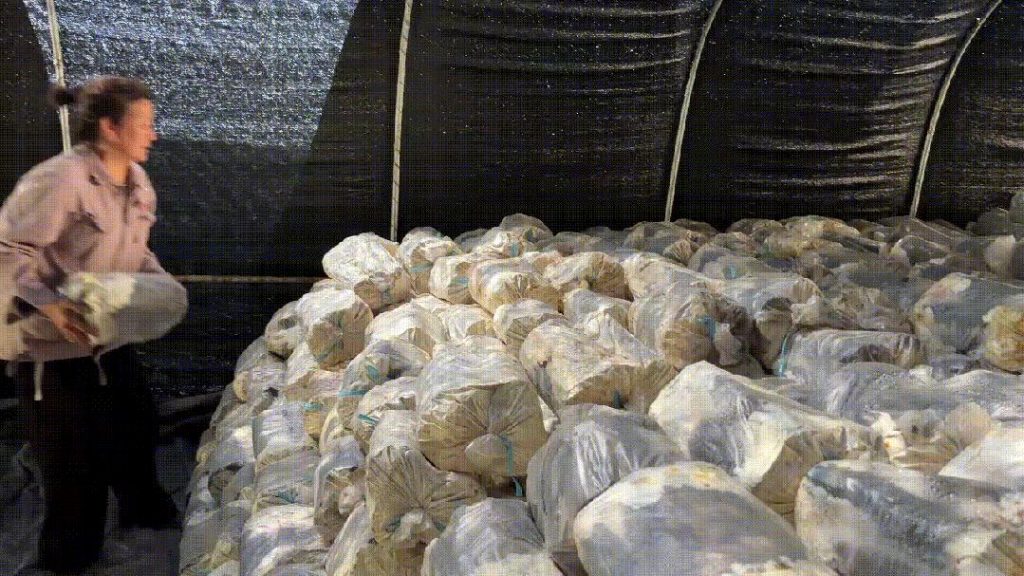
Every April is the season for GanoHerb’s bed-logs to be planted. The GanoHerb staff must get busy in the fields to ensure the smooth progress of the first step of Reishi cultivation, quietly awaiting the Reishi “babies” to break through the soil.
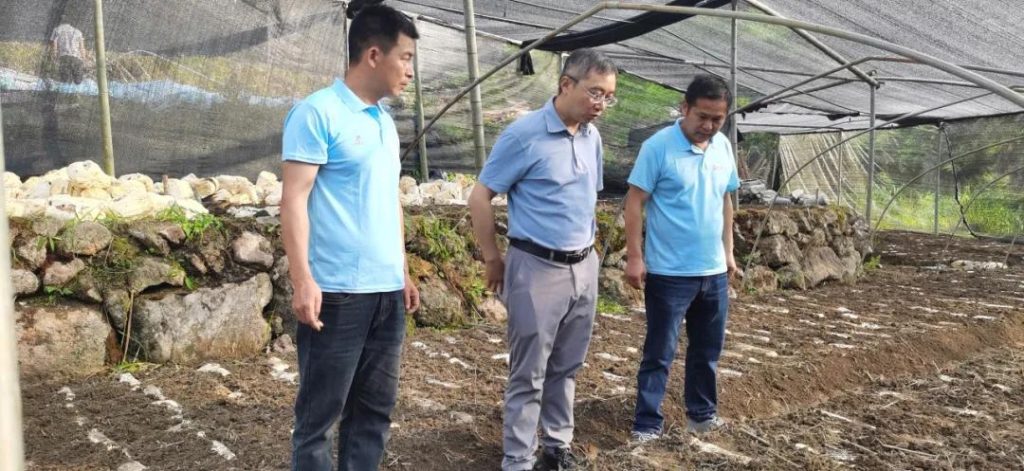
Chairman Li Ye inspects the planting of Reishi bed-logs at the Guancuo base.
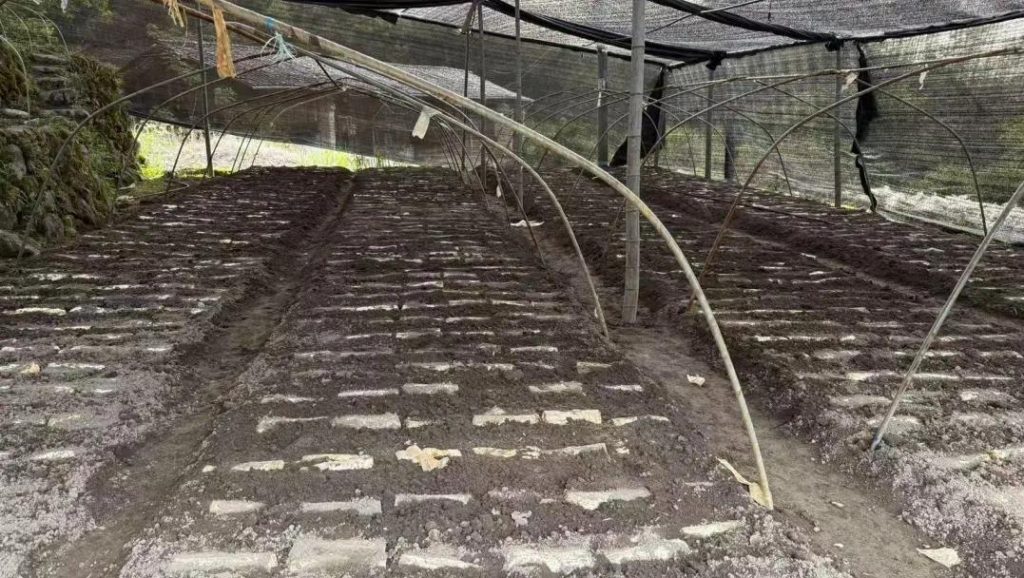
At various Reishi bases, the bed-logs are being successively planted and covered with soil, quietly waiting for the Reishi to sprout.
Before long, this place will enter a more intense summer. In the yellow and white interspersed fields, tender yellow Reishi will grow. Standing tall and graceful, clean and “beautiful in appearance.” The GanoHerb Reishi base will also usher in its most beautiful moment.
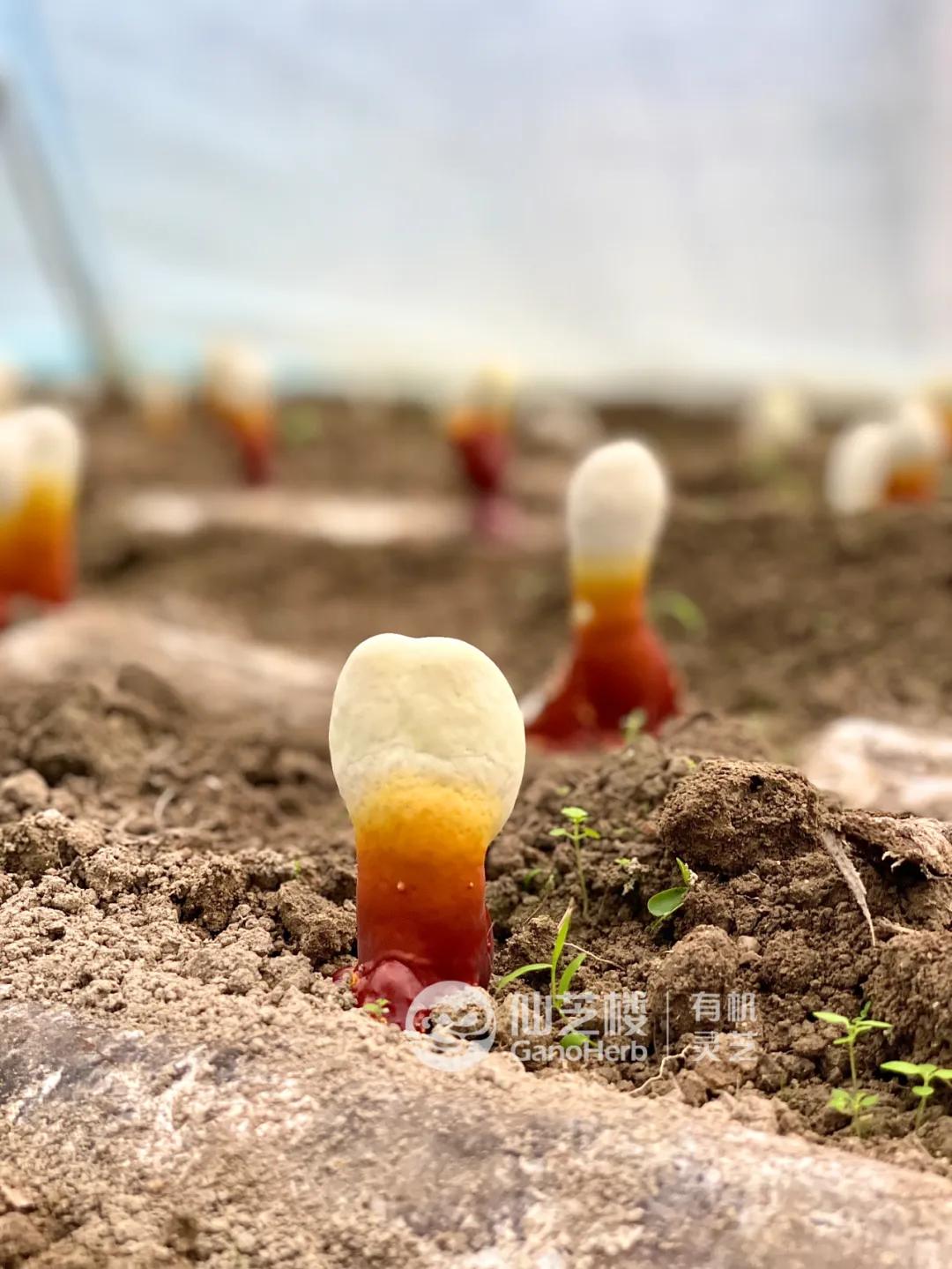
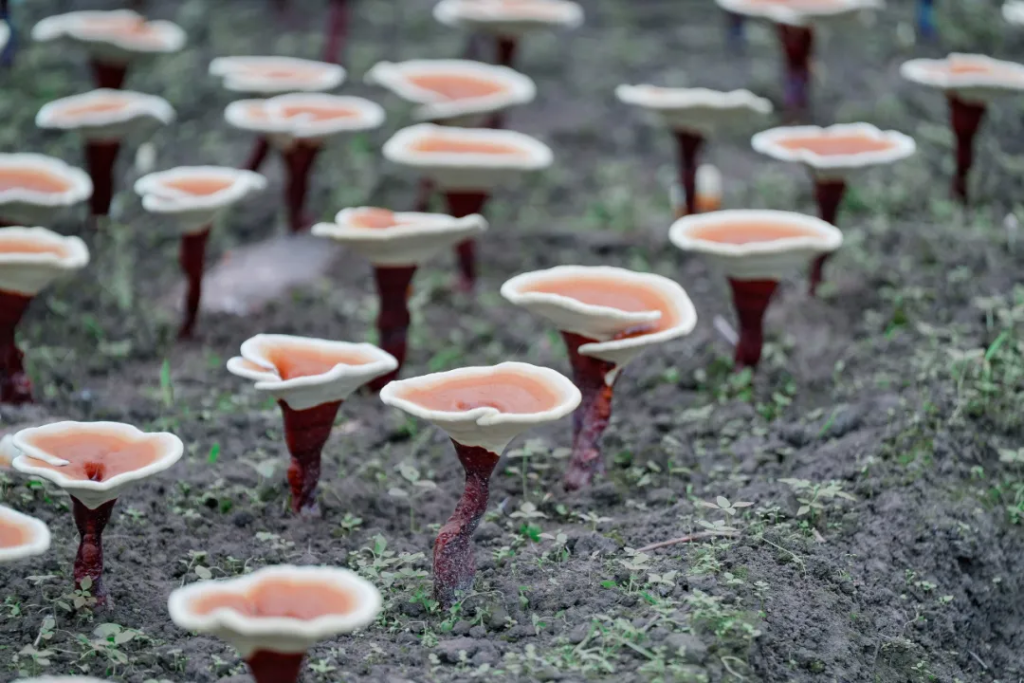
3. GanoHerb‘s commitment to consumers regarding its organic Reishi.
One log, one Reishi; two years of cultivation, three years of fallow; no fertilization, no pesticides… GanoHerb insists on wild-simulated cultivation of Reishi, making the Reishi produced here more authentic and organic.
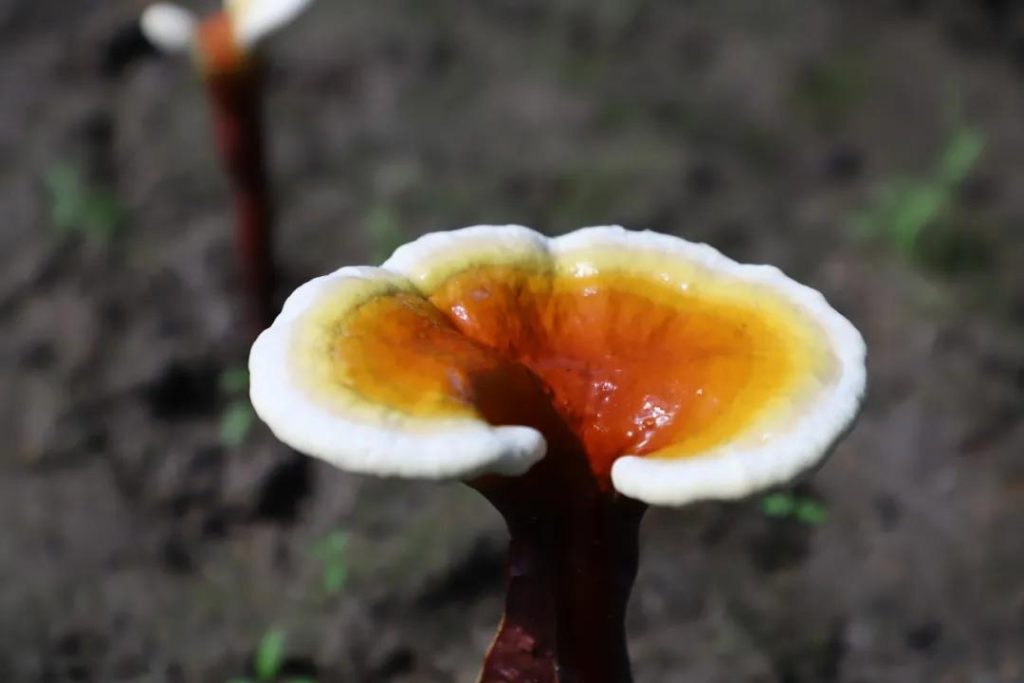
The beauty of GanoHerb Reishi comes from the generous gift of nature and also from the careful cultivation by the staff of GanoHerb.
As midsummer approaches, the Reishi here is ready, waiting for you to come and explore its beauty!



